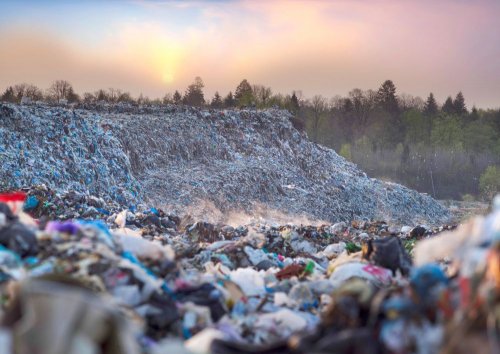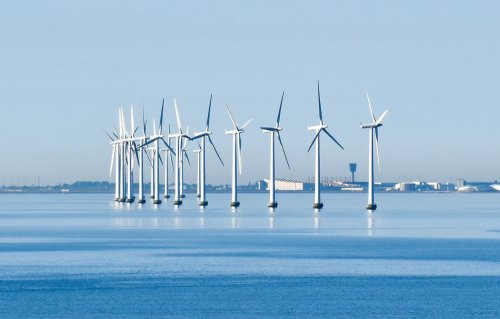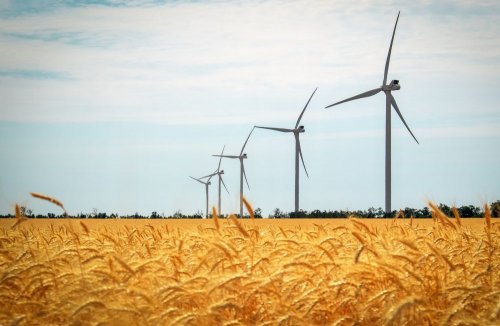The European Parliament has adopted new eco-design rules to make products more suitable for reuse, repair, modernization and recycling. The rules now require the final approval of national governments.
This was reported by Euractiv.
"It's time to put an end to the 'take, make, throw away' model, which is so damaging to our planet, health and economy," said Member of the European Parliament Alessandra Moretti.
It is noted that a key element of the Green Deal, the revised "ecodesign regulation" is part of the circular economy package. This package aims to ensure that the European Union uses materials more efficiently. In addition, it contributes to the EU's goal of net zero greenhouse gas emissions by 2050 and aims to reduce environmental damage.
The law passed by parliament calls on the commission to give priority to the production of iron, steel, aluminum, textiles, furniture, tires, detergents, paints, lubricants and chemicals. However, according to the agreement reached between the European institutions, motor vehicles are excluded from the regulation.
It is reported that digital "product passports" containing information on performance, traceability and compliance requirements will be implemented. This data will be available to consumers on a public web portal to help them make more informed purchasing choices.
It is also noted that in order to encourage recycling, companies will be required to annually declare the amount of recycled products and the reasons for their destruction.
The new rules prohibit companies from destroying unsold clothing, clothing accessories, shoes and more. In the future, the Commission will be able to add additional categories to the list of unsold goods that cannot be destroyed.
As EcoPolitic previously reported, the European Commission adopted a law requiring that all buildings constructed from 2030 must be energy efficient and completely carbon neutral.





